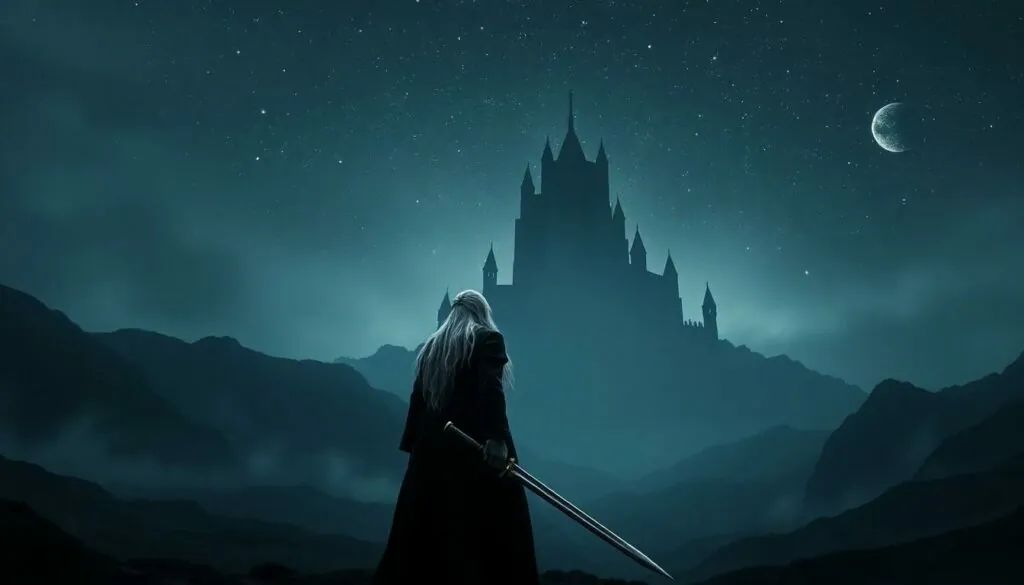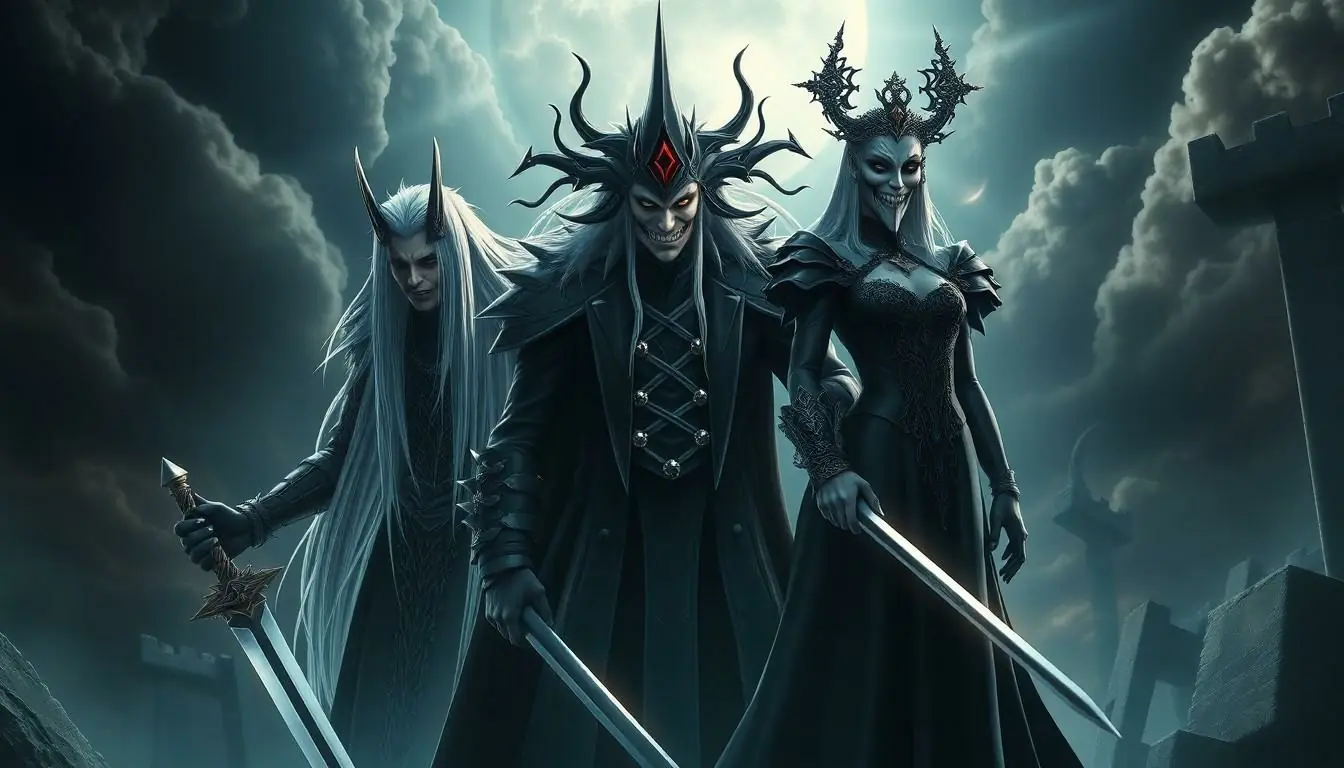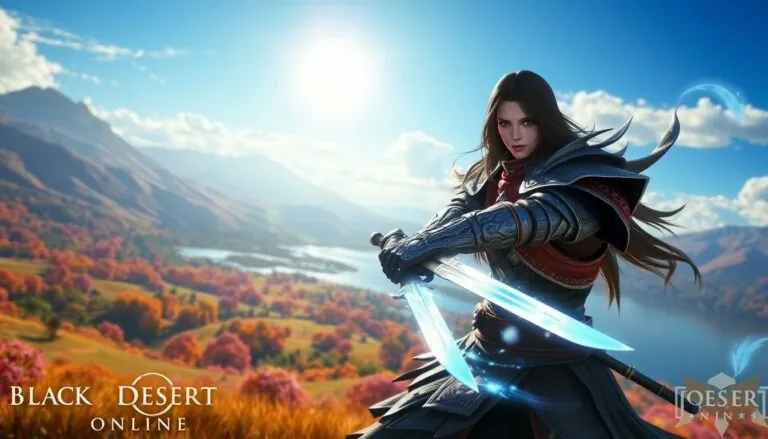In the vast realm of video games, few franchises have captivated players like Final Fantasy. While heroes often steal the spotlight, it’s the villains who truly make the adventure unforgettable. From the brooding Sephiroth to the cunning Kefka, these nefarious characters bring drama, humor, and a sprinkle of chaos to every storyline.
Table of Contents
ToggleOverview of Final Fantasy Villains
Final Fantasy villains play crucial roles, captivating players with their complexity and motivations. They often embody conflicting ideologies, contrasting sharply with the protagonists. Iconic figures like Sephiroth exemplify this ideas, merging personal tragedy with villainous ambitions.
Kefka, another notable antagonist, brings chaos into the world, representing the descent into madness. His unpredictability provides a stark contrast to more traditional villains, enhancing the storyline’s tension.
Various Final Fantasy titles introduce a diverse array of villains, each contributing uniquely to their respective narratives. Villain motivations might stem from personal loss, desire for power, or a quest for revenge. These elements create rich stories that players engage with deeply.
Not every antagonist fits into a single category. Some, like Ultimecia, exhibit sophisticated plans that challenge heroes’ resolve. Others, such as Emperor Mateus, reflect classic evil archetypes focused solely on domination.
Each villain often possesses intricate backstories that deepen their character development. Players frequently explore these histories, unraveling the events that led to their villainous paths. Ultimately, these engaging narratives enhance the emotional stakes within the game, forcing players to confront moral dilemmas.
Villains captivate audiences through their unforgettable designs, unique abilities, and dialogues. These elements contribute to the broader Final Fantasy lore, ensuring that each antagonist leaves a lasting impact on players long after the game concludes.
Iconic Final Fantasy Villains
Final Fantasy features an array of villains that leave a lasting impression on players. Their complex motivations and distinct characteristics enhance the overall gaming experience.
Sephiroth: The Ultimate Antagonist
Sephiroth stands out as the franchise’s most iconic villain. His tragic backstory intertwines with his quest for power, creating a compelling narrative. Many players recall his memorable line, “I am immortal.” This declaration emphasizes his belief in supremacy over humanity. Additionally, his stunning design, marked by long silver hair and a characteristic sword, captures attention. His influence persists, as he embodies themes of loss, identity, and revenge, shaping the very fabric of Final Fantasy VII’s storyline.
Kefka Palazzo: The Mad Clown
Kefka Palazzo embodies chaos and madness, becoming a fan favorite despite his villainous nature. Known for his sadistic personality, he relishes destruction and manipulation. Players remember his manic laughter as a chilling reminder of his unpredictability. His ambition drives him to seek godhood, showcasing his desire for power through chaos. Distinctively, he is one of the few villains to successfully achieve his goals, resulting in a world ravaged by his malevolence. Kefka serves as a testament to the unpredictable nature of insanity within the Final Fantasy universe.
Ultimecia: The Time Manipulator
Ultimecia represents one of the most complex villains in the franchise, wielding the power of time manipulation. She plots to compress time, posing significant challenges to protagonists. Her motivations stem from a desire for control, showcasing her deep-seated fears and insecurities. Players often find her elegant design juxtaposed with her cold demeanor intriguing. Ultimecia’s manipulation of time serves as a significant mechanic during battles, highlighting her cunning intelligence. This character captures the imagination of players, illustrating the intricate layers within Final Fantasy’s narrative landscape.
Evolution of Villains in Final Fantasy
Villains in Final Fantasy have evolved significantly, each era presenting unique designs and deeper character development. This growth enhances player engagement and narrative depth.
Design and Character Development
Villain designs reflect their personalities and motivations, often exhibiting dramatic visual elements. For instance, Sephiroth’s sleek aesthetics symbolize his superiority and elegance. Characters like Kefka contrast sharply with chaotic, vibrant appearances that embody madness and opposition to the order. Each iteration allows for creative expression through distinctive costumes and iconic weapons, enhancing their memorability. Additionally, character development introduces intricate backstories, creating psychological depth. Players find themselves drawn into the histories of these antagonists, making their experiences richer. Efforts focus not just on how a villain looks but also on how their past shapes their actions, forging a stronger connection to the overall narrative.
Themes and Motivations
Villains in Final Fantasy embody diverse themes that resonate with players. Themes often explore loss, revenge, and the struggle for power. Sephiroth’s quest, fueled by personal tragedy, illustrates the pain of abandonment. In contrast, Kefka represents nihilism and chaos, seeking to dismantle existing structures. These motivations contribute to their complexity, enabling players to grapple with moral dilemmas. Characters such as Ultimecia delve into time and control, highlighting insecurities beneath their formidable exteriors. Each villain’s motivation not only creates conflict but also serves as an exploration of broader ideas and philosophies, enriching the Final Fantasy storytelling experience.
Memorable Quotes from Final Fantasy Villains
Villains in Final Fantasy are known for their striking words, leaving a lasting impression on players. One iconic phrase comes from Sephiroth: “I am immortal.” This quote encapsulates his belief in superiority and his relentless quest for power.
Kefka Palazzo, notorious for his chaotic nature, declares, “The world is a stage, and we are but players.” This statement reflects his enjoyment of destruction and dominance over others. It underscores his perspective on life as a performance filled with madness.
Ultimecia, a complex antagonist, uttered, “Time itself is a prison.” Her thoughts on control reveal insecurities hidden behind her powerful facade. Players face not just a physical threat from her but also a psychological one.
Emperor Mateus contributes to the discourse with, “I am the will of man made manifest.” This declaration reinforces the classical evil archetype while showcasing his desire for dominion over all.
Another memorable line comes from Golbez: “I will take the darkness and shape it to my will.” His ambition for power illustrates a more nuanced evil, embodying ambition and strength.
Additionally, Kuja states, “I am the harbinger of a new age.” His desire for change, though destructive, reflects the complexity that defines Final Fantasy villains.
Each quote captures the essence of what these characters represent, enriching the overall narrative. These words resonate and underscore the emotional conflicts woven throughout the games, enhancing the engagement for players as they confront these formidable foes.
Conclusion
Final Fantasy villains stand as pillars of the franchise’s storytelling. Their complex motivations and rich backstories create an engaging narrative that captivates players. Each antagonist brings a unique flavor to the game, challenging heroes and pushing them to their limits.
The evolution of these characters reflects not only advancements in game design but also a deeper exploration of themes like loss and power. Iconic quotes and striking visuals further cement their place in gaming history.
As players navigate these intricate tales, they find themselves not just battling foes but also confronting profound moral dilemmas. This dynamic interplay between heroes and villains is what makes Final Fantasy an enduring and beloved series.





